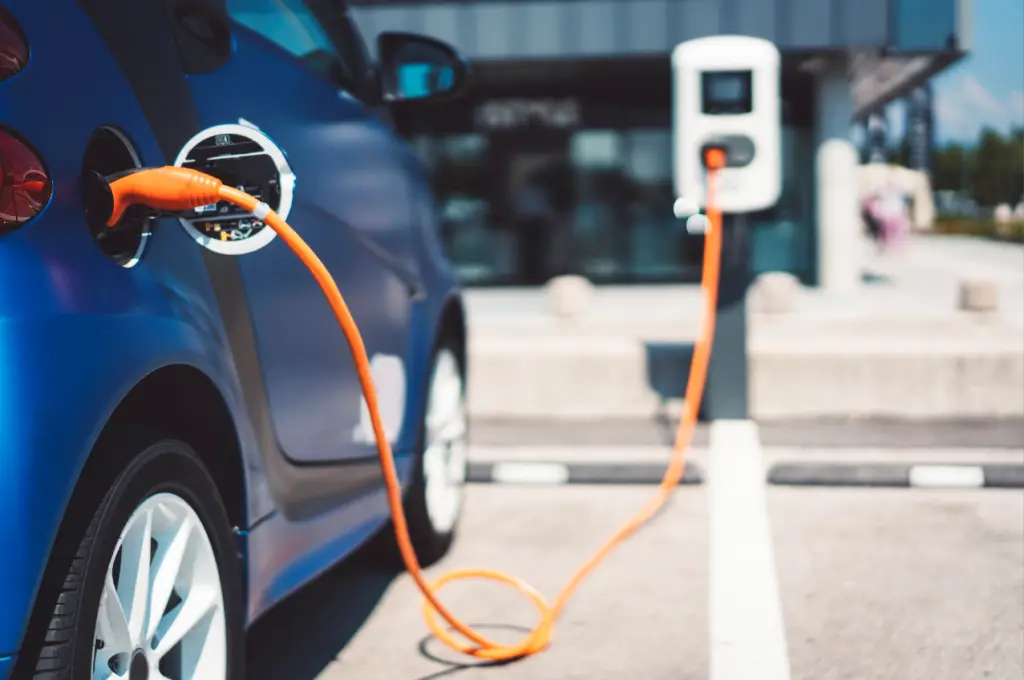Impacts of Electric Vehicles on the industry.
The first electric car debuted in 1890. It was first put in place by William Morrison and developed as a six-passenger vehicle that could go 14mph. From the first invention, it opened the way for the current electric car on the road.


The first electric car debuted in 1890. It was first put in place by William Morrison and developed as a six-passenger vehicle that could go 14mph. From the first invention, it opened the way for the current electric car on the road. By 1900 New York had a fleet of 60 electric taxis, and electric cars accounted for a third of all vehicles on the road.
The modern Electric Vehicle movement is growing with technological advancements. EVs are disrupting the Automotive Manufacturing industry as a whole, but the Automotive workforce is poised to experience significant hardships and changes.
Also, Thomas Edison and Henry Ford thought electric vehicles were superior technology until Ford's much more affordable Model T hit the market. Electric cars saw a resurgence between the 1970s and 1990s for similar reasons that we're seeing today: growing gasoline prices, reluctance to rely on foreign oil, and mounting environmental protections.
EVs could require between 525 TWh and 860 TWh of electricity globally in 2030, up from 80 TWh last year, according to the International Energy Agency. While that would equal just a small share of global electricity consumption, including an estimated 2% to 5% in the U.S. ,EVs could require more than three times the power currently consumed by California, the world's fifth-largest economy.
According to American Progress, Ford estimates that the streamlined assembly of EVs could result in a 50 percent reduction in capital investments and a 30 percent reduction in labor hours compared to ICE manufacturing. Nearly 150,000 U.S. workers make components for internal combustion powertrains, and almost one million people are employed in auto parts manufacturing. With EVs, a significant number of those jobs should disappear.
Manufacturing workers won't be the only area of the workforce negatively impacted. The more straightforward design and flexible platforms with EVs require less engineering, product development, and purchasing. And EVs don't need oil changes or frequent maintenance, which means reduced demand and less revenue for dealerships and auto-body shops. The transition will have a significant impact on suppliers and ancillary industries as well.
The advancements in EVs mean better jobs for people. The new workforce is due to the production of batteries for electric cars, electric motors, electronics, thermal systems, braking systems, and semiconductors. Also, many components and materials will continue to manufacture as glass, steel, tires, seating, and aluminum.
The demand for software developers, electric battery assemblers, battery engineers, and chemical engineers will soar and open up thousands of opportunities for manufacturing workers to upskill. The shift toward EV technology will also require a massive build-out of EV charging infrastructure.
The industries must start preparing to shift in terms of reskilling and investing in the current workforce ,and attracting employees with the skills that will be desirable in the future. The sooner these initiatives begin, the easier the transition will be over the next decade.
Volkswagen is the only company that has started prepping its staff for the shift to electric vehicles. They have developed several key strategies to mitigate negative impact EVs may have on their workforce. These include leaving positions vacant after certain workers retire or leave and retraining or providing educational opportunities for existing employees as software engineers. It can help bolster the portion of their workforce in high demand over the coming years due to this move toward EVs.
Creating stable, well-paid jobs for workers within the EV ecosystem is essential to minimizing potential consequences and maximizing benefits. Manufacturers need to be retraining workers of today for the jobs of tomorrow.
Source:
i)Allie Pizzemento (2021) The Impact of Electric Vehicles on the Automotive Workforce.




